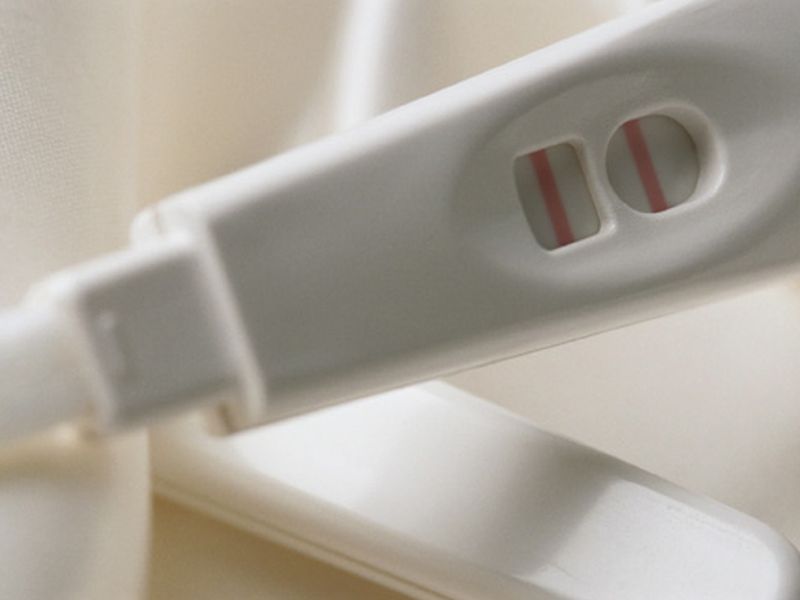
It’s great to challenge yourself to keep workouts interesting, but you need to take steps to avoid injury whether you’re new to exercise or a seasoned veteran. This often means adapting exercise to your current fitness level and abilities. For instance, if you’re experiencing a problem with balance, swimming will be safer than running. If… read on >

















